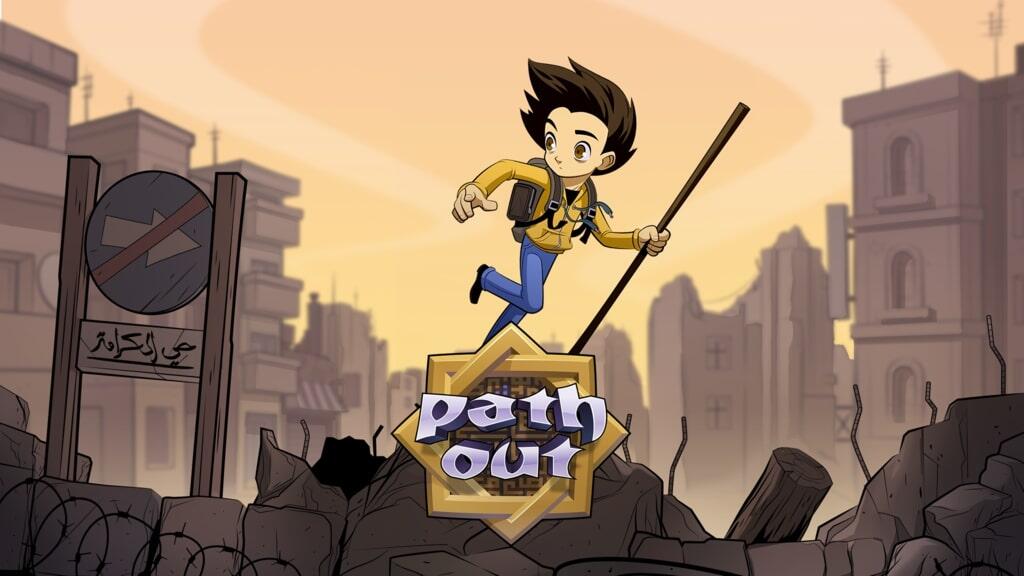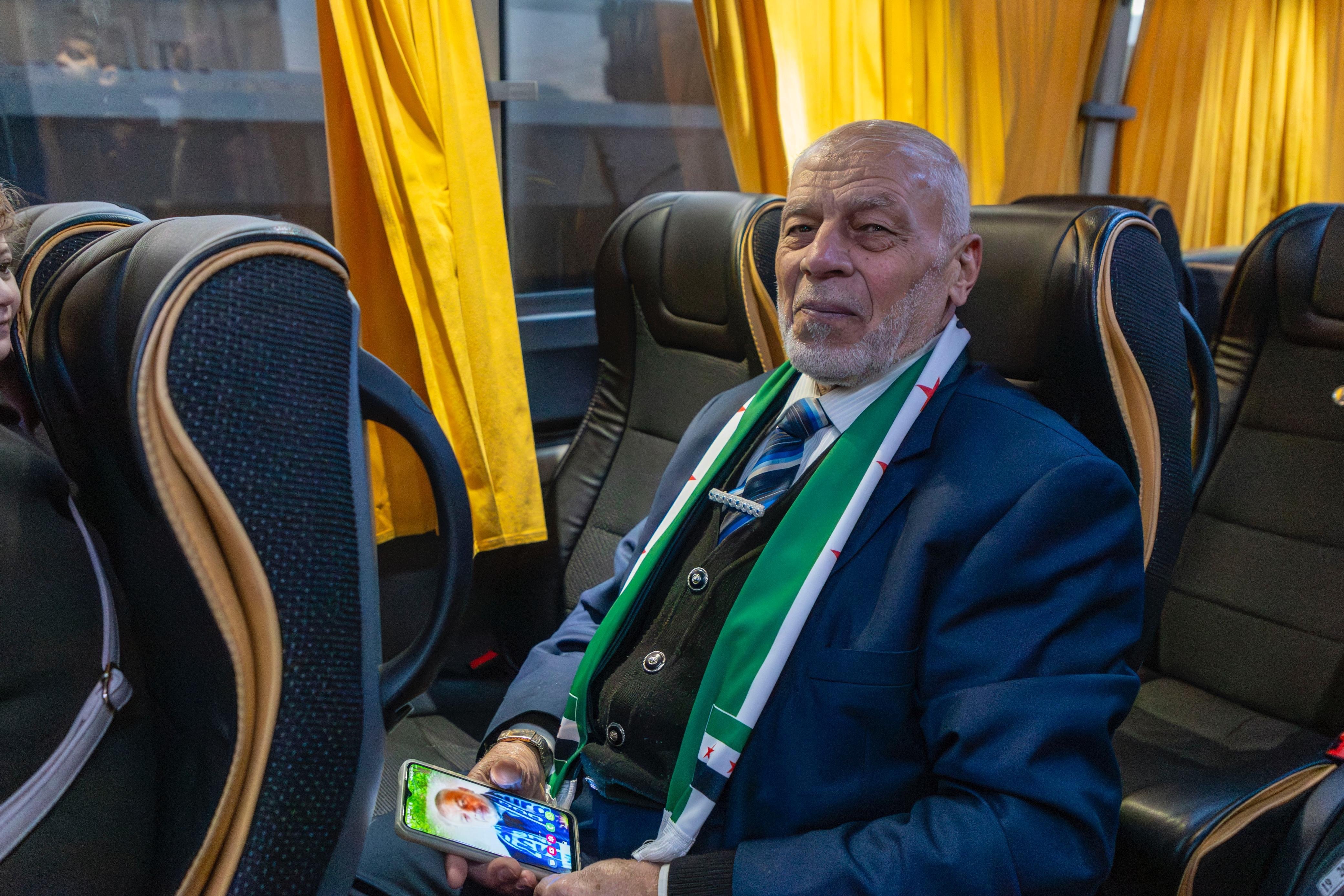Grandi calls for action to end war in Syria, misery for refugees
Grandi calls for action to end war in Syria, misery for refugees

BEIRUT, Lebanon, Jan 22 (UNHCR) - The fate of millions of Syrian refugees and internally displaced people is in the hands of regional and world powers and they must now act, particularly after devastating images of starving children in Syria shocked the world.
That was the message of Filippo Grandi, the new UN High Commissioner for Refugees, as he wrapped up his first official trip, an eight-day itinerary through Turkey, Jordan, Syria and Lebanon.
"All the countries that have an influence in this complicated peace process, none of them should be looking at those pictures of starving children without realizing that unless peace comes we will see more of those pictures," he told reporters at a news conference in Beirut today (January 22).
"So if we want those pictures to stop coming up on our screens, they have to be serious about peace talks and about concretely making all the necessary compromises that are needed to achieve peace."
Grandi said regular and unimpeded humanitarian access was urgently needed to all areas in Syria, especially to reach the over 400,000 people in places that are besieged across the country.
After five years of war, he stressed the growing vulnerability and fragility of refugees in the host countries he visited. There are more than 4 million Syrian refugees. Turkey hosts 2.5 million of them, Lebanon has taken in just over 1 million, and there are a further 635,000 Syrian refugees in Jordan.
Grandi described the huge inflow of Syrians and others into Europe as "a wake-up call." For the first time, he said, European leaders have realized that they are not providing enough funding to refugee hosting countries and humanitarian organizations in the Middle East. Without extra money these countries' infrastructures are creaking and aid is falling short. The result is that refugees are flowing north.
The UNHCR head underlined the importance of an upcoming international conference in London on how to support Syria and the region on February 4.
He said his hope was that the conference would reinforce the response to the crisis by organizations like UNHCR. He hoped it would also create the foundations for a global response to what has become a global crisis. Syrian refugees are spreading across continents.
"We want more countries to share in taking them in legally," he said.
The objectives of the conference are:
- 1. To significantly increase funding for immediate refugee needs and for longer-term humanitarian and development assistance;
- 2. To examine how to create economic and job opportunities and education opportunities, not only for Syrians inside Syria but for those who have fled to other countries; and
- 3. To maintain pressure on parties to the conflict to protect civilians, and to prepare a coordinated stabilisation effort by the international community when conditions improve.
Earlier in the day, Grandi returned from the Syrian capital, Damascus, and stopped in the Saadnayel region of the Bekaa Valley, where more than 370,000 Syrian refugees now live.
In these informal settlements, refugees have built their own tents with help and materials from UNHCR.
Grandi met with refugee families from eastern Syria.
Mohammad and Iman told him Link is external that they and five of their six children fled after their house was bombed and destroyed. They became internally displaced. Their eldest daughter remains trapped in eastern Syria.
"We moved around 11 times," Iman told him. "Every time we went to a place it got bombed and we had to move to another."
Sixteen months ago they left Syria and found shelter in the Bekaa Valley. Two of their children, Rahma and Ahmed, are blind and need cornea transplants. The success rate is almost 95 per cent, Mohammad said, but the family is now deeply in debt and can't afford the operations.
In addition, Mohammad's residence permit has expired and he can't find the money to renew it. He told the High Commissioner his family fears being evicted from the settlement as a result.
It's a problem across the country. Without permits refugees have trouble moving around or finding temporary work.
"I have spoken to the Government [about residence permits]," Grandi told them. "And I hope that there will be some improvement next month."
By Don Murray in Lebanon
Watch the video Lebanon: A Message of Hope for Syrian Refugees in the Bekaa Valley Link is external








